Last week, I was powering along Fifth Avenue when this quirky billboard of the front of Hu Kitchen caught my eye.
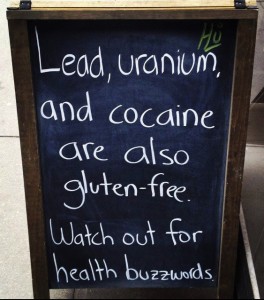
Hysterical. But so true.
It was an excellent reminder of the dangers lurking behind so-called “health food” labels.
So are these foods, labeled with healthy tags, actually good for you?
Here’s a quick “how-to” guide, to help you avoid falling into a health food label trap.
Label Warning #1: Gluten-Free
Do you think eating a gluten-free diet is healthier?
If you have a gluten allergy, it’s obvious. Yes. This is not just the better choice – it’s your only choice.
So this warning is for gluten tolerant people, who think picking a gluten-free snack is the healthier option.
Don’t be fooled by the label.
Eating the gluten-free variation of certain foods does not mean it’s healthy. On my last trip back from San Diego, the flight attendant offered me a snack, and I asked if she had anything healthy. She looked puzzled and said,
“Oh yes, we have these gluten-free chips”.
So I checked out the ingredients – and surprise surprise – not healthy.
As my New Year’s resolution, I decided to go gluten-free for a month. No particular reason, other than I wanted to challenge myself. It was tough.
During this time, I investigated the endless gluten free offerings. Surprisingly, there were SO many choices. A whole aisle at the store was dedicated to gluten free products. Whoa.
Checking out the gluten free baked goods was very interesting. Wheat (containing gluten) is replaced with rice or potatoes. Or worse. An evil concoction or modified version of the two. Just because it didn’t contain gluten, wasn’t a guarantee it was lower in calories, carbs or fats.
In fact, I found these “gluten-free” foods to contain more calories, more fat and crazy modified ingredients I’d never heard of.
I have no objection to you going gluten-free. I must admit, cutting gluten out of my diet made a huge difference to my digestion and energy levels. Just don’t fall into the trap of replacing those foods with higher calorie packaged junk.
But honestly, if I’m craving bread or a muffin, screw it. I’d rather go all in. I figure, if you really want to eat baked goods, and you’re not allergic to gluten, wouldn’t you prefer to just eat the real thing? I sure as hell know I would.
Looking for a healthy snack? Skip the processed “gluten-free” foods, and go for real gluten-free snacks, like fruit and nuts.
Label Warning #2: Fat-Free or Low Fat
Oh goody, the label says there’s no fat in this snack. So you figure you can eat unlimited quantities of this healthy stuff?
This is the sneaky food label that led to my ridiculous sugar addiction and obsession with fat free food in the 90’s. Not only did this damage my thinking towards dieting and what I considered healthy foods, I actually gained a ton of weight thanks to my so-called “healthy” addiction to low-fat banana bread.
Every morning, I ate two slices, thinking I was making a healthy choice because the packaging said “low in fat”. Oh gawd. Naïve, young KV. Turns out, one slice of this stuff has more calories than a donut!
Basically, no fat means high in sugar.
As you already know, a high level of sugar circulating in your blood is bad news for fat loss. In fact, it’s bad news for your entire body.
Another culprit is the smoothie chains. Most of their dairy-free drinks are promoted as “healthy” and “fat-free” – which is true – but extremely misleading. Some of these drinks contain over 100g of sugar. And that’s not even the large size. Oh. My.
If the label says “Fat-free” or “Low-Fat” – make sure you check the carb and sugar count on the nutrition panel. I bet you’ll be in for a shock. After you take a photo of the ingredients list and recover from the shock, run away.
Label Warning #3: Vegan
The vegan movement is gaining momentum, but is going vegan good for your health?
I’m not convinced.
Eliminating whole food groups for the long-term means your body is missing out on nutrients it needs.
What is a vegan-approved food?
Any food that doesn’t contain animal products, like milk, eggs, or meat. Even fish is off the menu.
The thing is, you need to a lot of carbs (that also contain protein) in order to get your protein.
But you’ll be interested to know there are plenty of unhealthy options.
Here’s a list of other approved vegan foods:
- Potato chips
- Pizza
- Blueberry Muffins
- Banana Bread
- Bagels
- Candy
Do any of these foods sound healthy to you? No.
Going vegan does not guarantee you’ll lose weight. In fact, I think it’s just another fad diet. Just because President Clinton lost weight on a vegan diet, doesn’t necessarily mean it will work for you. Remember, he was overindulging in meat and animal products, so of course this change made a huge difference.
Vegans are missing out on essential proteins and fats you can only get through your diet. Plus it’s carb overload.
And one last thing. How boring. Have you ever been to a restaurant with a fussy eater? It’s torture. If you can’t eat anything on the menu, why even bother going out?
Label Warning #4: Organic
I’ll touch on this lightly, as I’m planning to dedicate an entire blog post to the topic.
Is choosing organic food a healthier choice?
Yes and no.
Choosing certain organic produce is better for you, and I would advise you to pick it up where possible.
These foods include:
- Any fruit or vegetable with a permeable skin (ie. you eat the skin)
- Chicken breast, pork, and other meats
One organic food to AVOID is salmon. Organic salmon is a misleading label, as it’s farm raised (i.e. farmed in a controlled environment) and potentially loaded with antibiotics.
Next time you’re at the supermarket, check out the salmon. Straight away, you should be able to tell the difference between the wild and organic. True wild salmon will be a darker orange color, while the organic, farm raised salmon is a lighter orange/pinky color. Go wild.
Label Warning #5: No Added Sugar
Don’t be fooled by this one folks.
If the packet says “No Added Sugar” and the food is sweet, well guess what? It’s loaded with poisonous artificial sweeteners that’s going to damage your body more than actual sugar.
A classic example is flavored yoghurt that says zero sugar and zero fat. If you take a peek at the ingredients list, prepare yourself for words you can’t pronounce. Remember the golden rule: if you can’t pronounce it, don’t eat it.
Label Warning #6: Trans Fat Free
Trans fat is dangerous stuff. Eat this on a regular basis and you have a heart attack coming your way.
Fortunately, it is mandatory for foods containing trans-fat to be labeled.
However, keep your eyes peeled. In the US, trans fat level of less than 0.5g can be listed as 0 grams trans fats on the food label. Yes, a food can contain trans fat and be labeled otherwise. Outrageous.
How do you know if the packaged food has trans fats?
You can catch it on food labels under “partially hydrogenated oils”. If you spot this ingredient on the label – it contains trans fat.
However, you need to watch out for certain fast foods containing trans fats, that don’t carry a warning label. Food served in a restaurant doesn’t warn you of the impending heart attack.
This includes:
- Anything fried (that includes fries, chicken, chips)
- Burgers
- Cakes
- Cookies
The simple solution? Avoid fried, packaged food and you avoid trans fat.
Big Take Away Message
The best way to avoid any health food label scam is to avoid processed, packaged foods altogether. Grab a fresh snack that you don’t have to unwrap.
I realize this is not the perfect world and it’s easier said than done. But take it one meal at a time.
At times, you’ll be stuck travelling or simply with no other choice. Don’t be fooled by the labels, and always check the ingredients list first. Make sure you know what you’re in for.
My #1 Choice
An excellent go-to choice on the road is raw almonds. You can find these at any airport, service station or convenience store and it’s easy to carry.
What food labels throw you for a loop? Let me know in the comments box below.
Steer clear of dodgy food labels,
KV






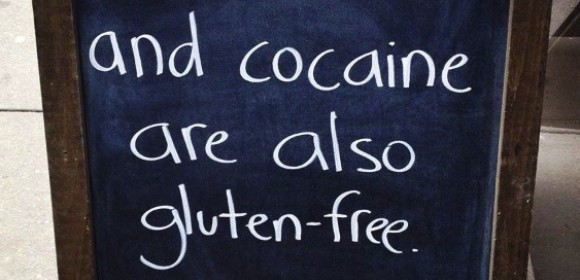

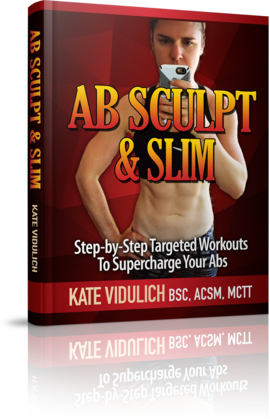

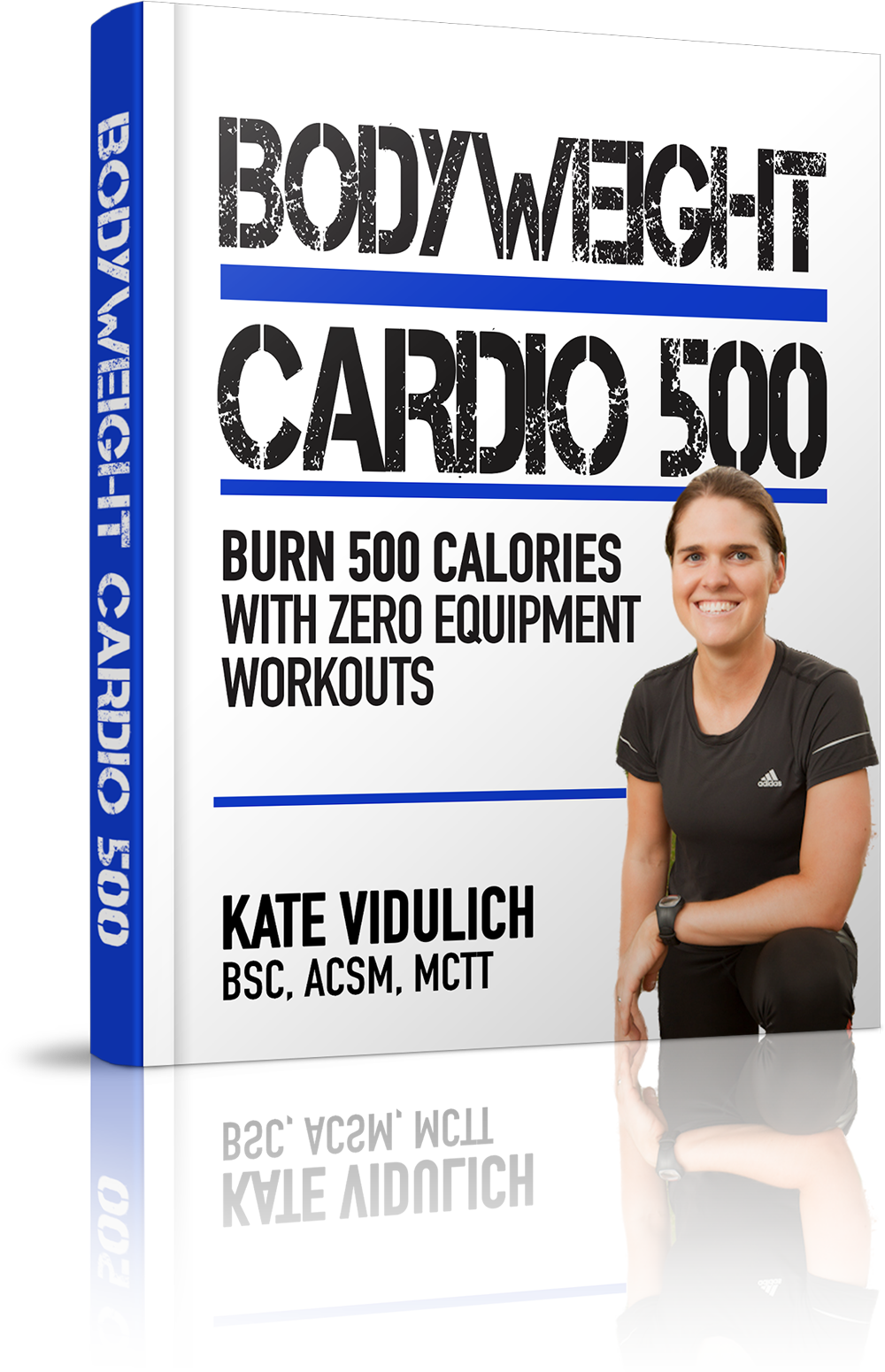
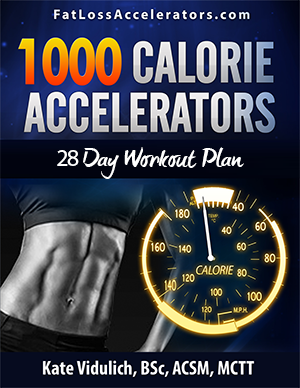
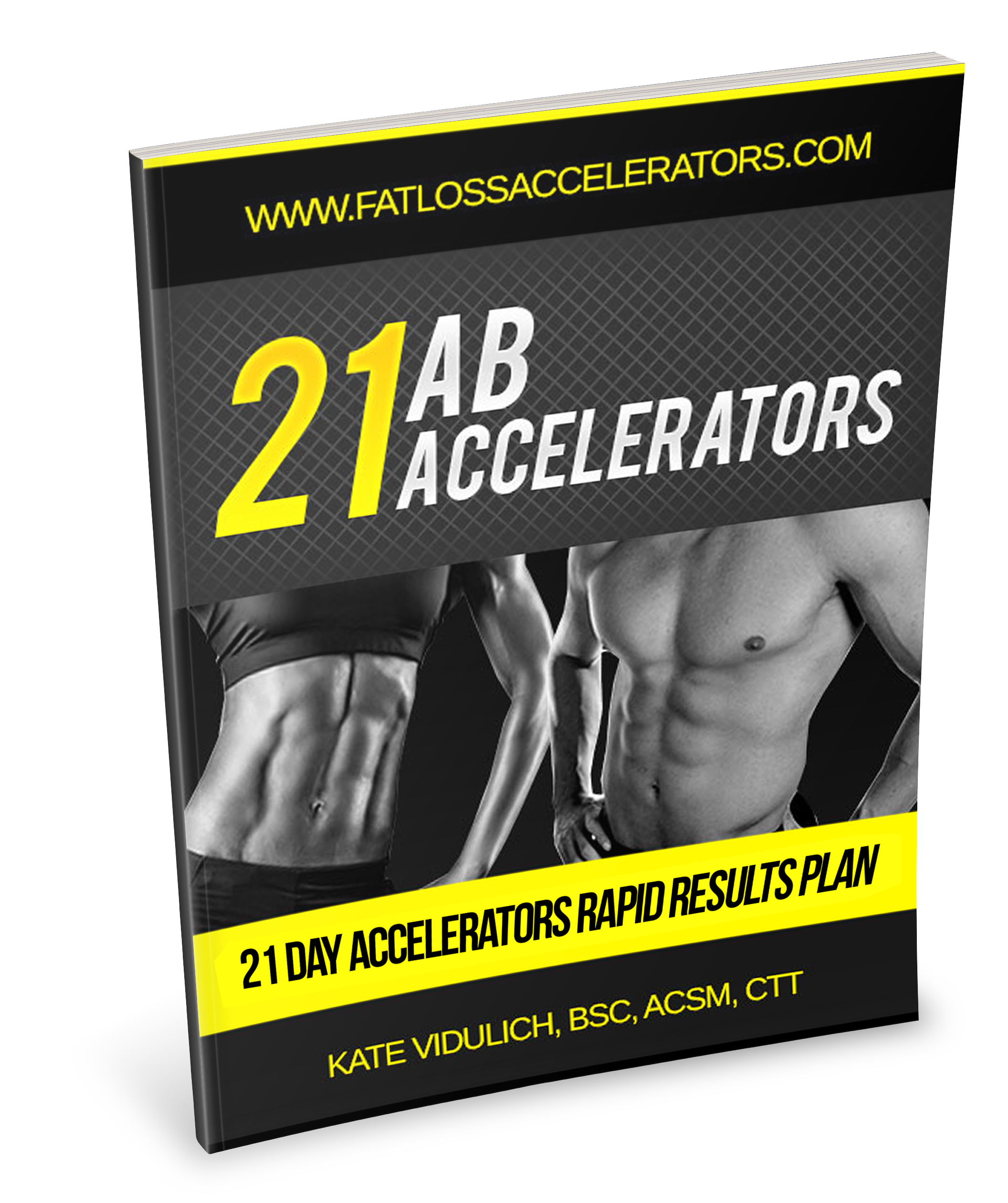
2 Replies
Agree with everything you wrote Kate. One note: if your :”raw” almonds are grown in the US, they are pasteurized. Truly raw almonds must be sourced from outside the US.
Going to start you 21-day fat lose accelerator program soon. Looking forward to great results.
Thanks Concetta – interesting about the “raw” almonds. It seems nothing is safe anymore! Good luck with the program